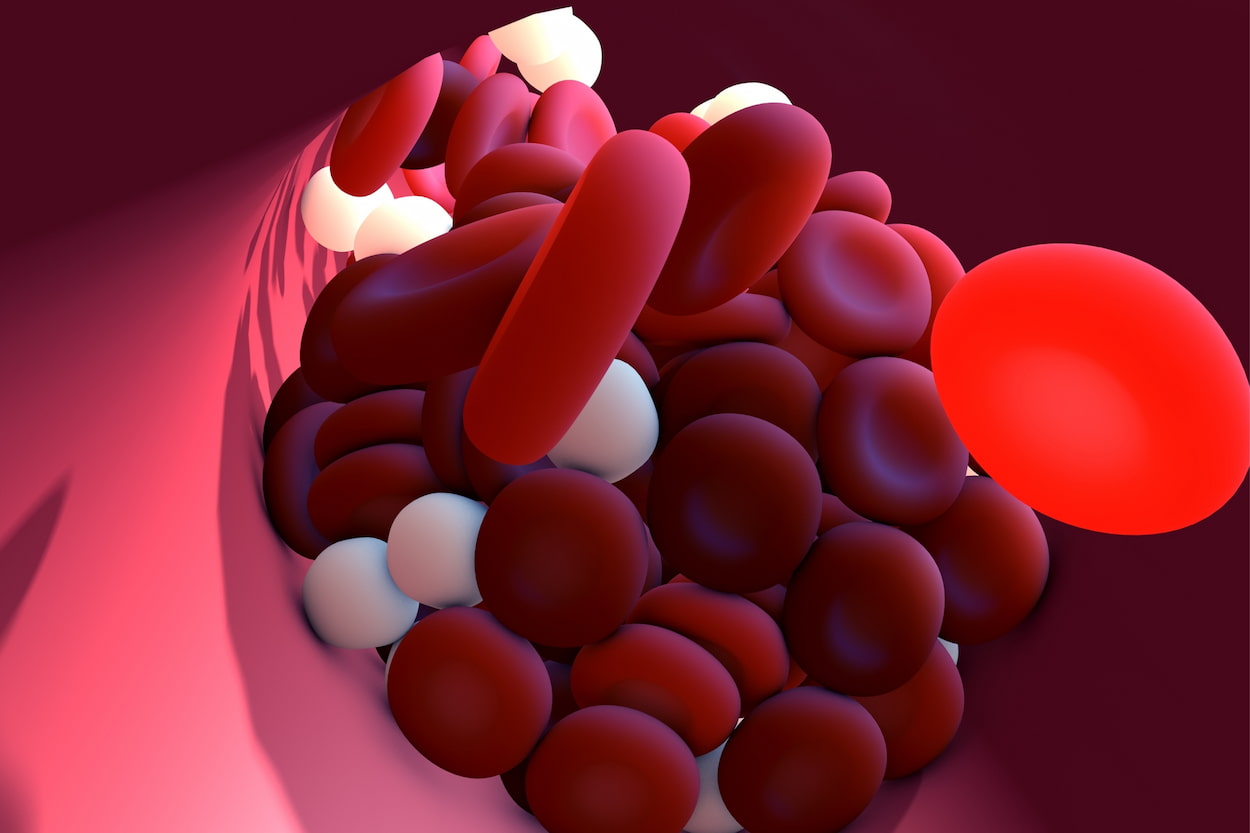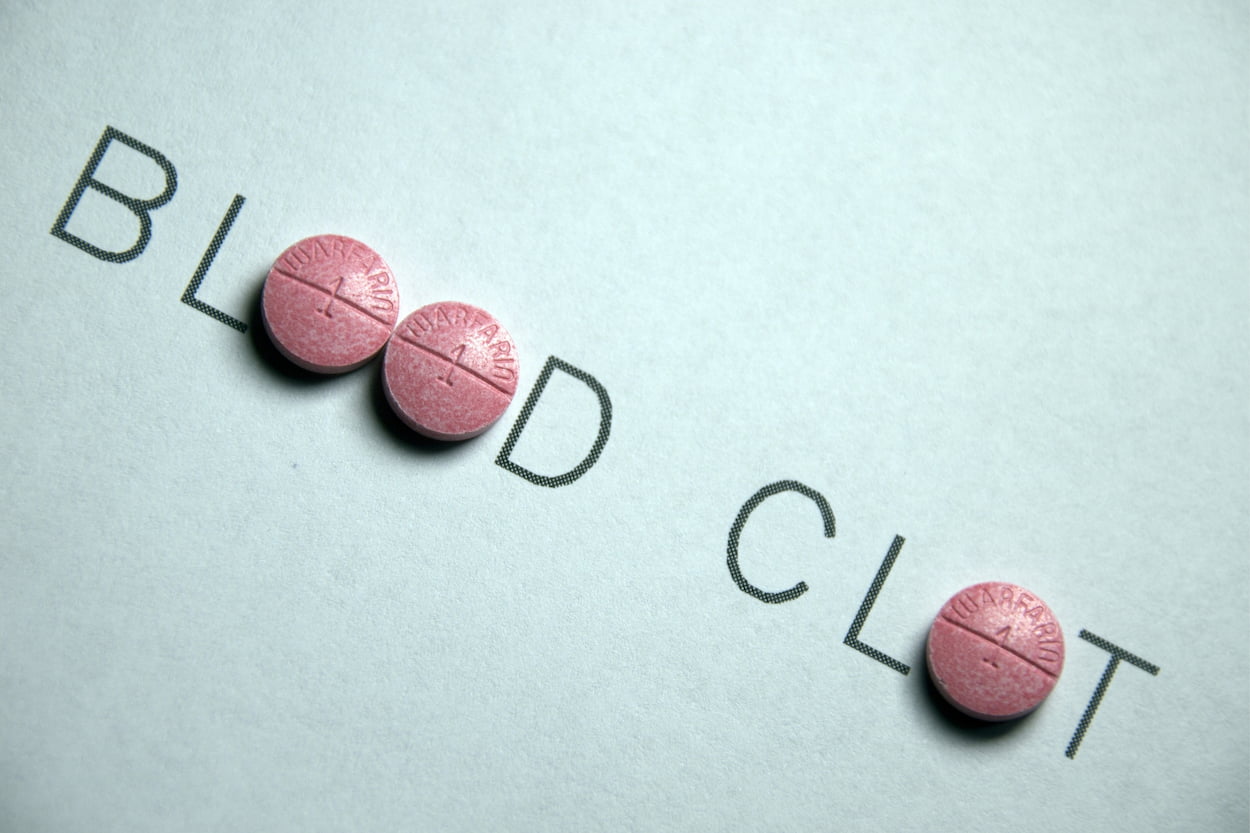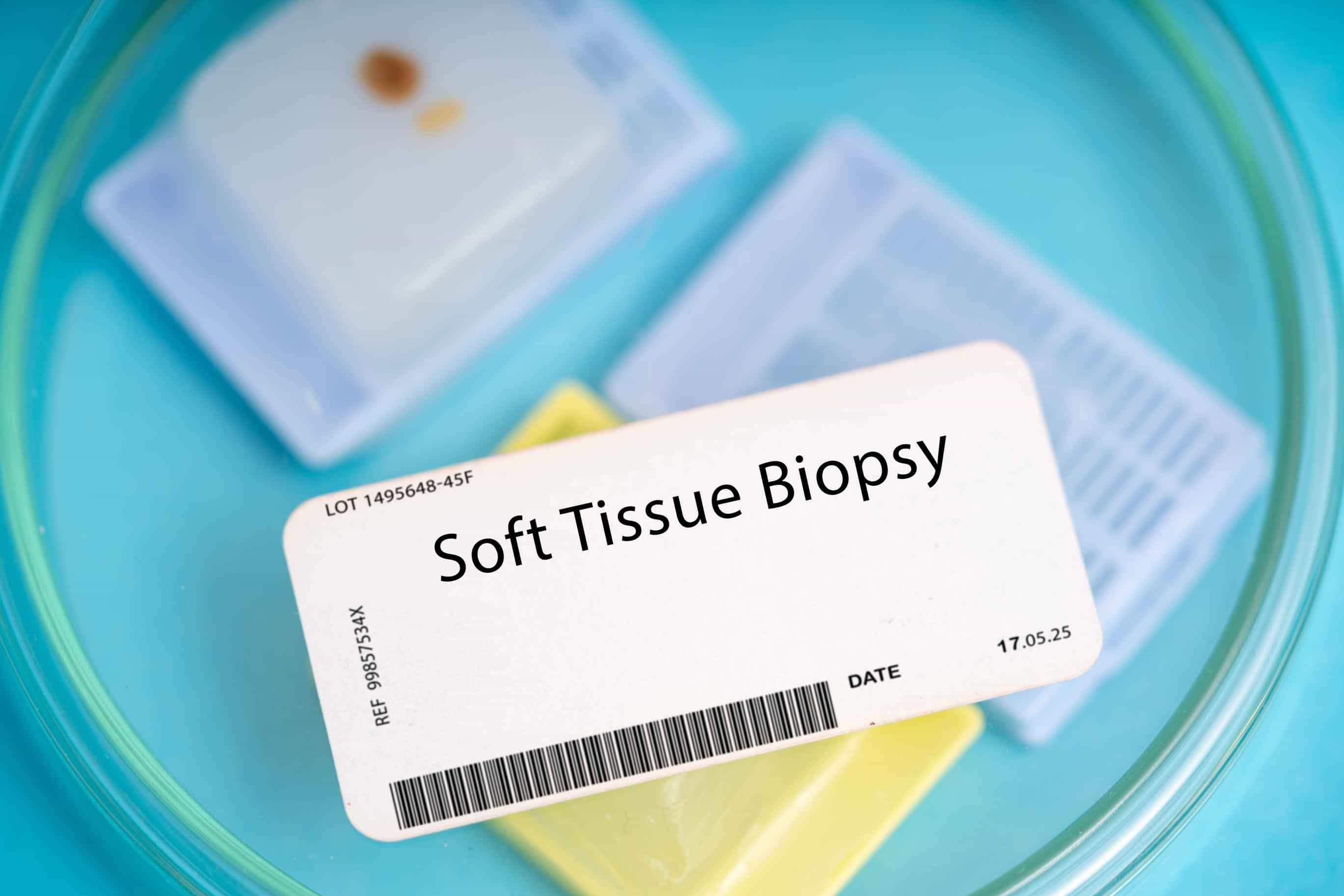
Oral Blood Clot Drug Offers Safe and Effective Treatment Option for Cancer Patients
Cancer patients often face a range of health issues, including blood clots. These clots can form in blood vessels, which can lead to life-threatening complications such as pulmonary embolism, stroke, and heart attack. While there are treatments available, some of them are invasive and can cause complications of their own. However, recent studies have shown that an oral blood clot drug can offer a safe and effective treatment option for cancer patients.
Traditionally, cancer patients with blood clots are treated with injectable anticoagulant medications like heparin or low molecular weight heparin. However, these treatments can be complicated by a variety of factors, such as the need for frequent blood monitoring and the risk of bleeding. This is where oral blood clot drugs can make a difference.
Recent studies have shown that the use of oral blood clot drugs such as rivaroxaban, apixaban, and dabigatran can offer a safer and more effective treatment option for cancer patients with blood clots. These medications work by inhibiting the clotting factors in the blood, preventing the formation of new clots and reducing the risk of complications.
In a study published in the Journal of Clinical Oncology, researchers found that the use of oral blood clot drugs reduced the risk of recurrent blood clots in cancer patients by up to 60% compared to injectable treatments. Additionally, these drugs were associated with a lower risk of major bleeding, which can be a serious complication of anticoagulant therapy.
In conclusion, oral blood clot drugs offer a safe and effective treatment option for cancer patients with blood clots. These medications can reduce the risk of recurrent clots and major bleeding, as well as improve overall survival rates. While not all cancer patients may be suitable candidates for this type of treatment, it is a promising development in the fight against blood clots in cancer patients.
How Does Blood Clot Drug Help Cancer Patients?
Blood clots are a common complication of cancer and its treatments. These clots can be life-threatening, and therefore, require prompt treatment. Injectable anticoagulant medications like heparin and low molecular weight heparin have been the standard of care for cancer patients with blood clots. However, these treatments can be complicated and can cause adverse effects such as bleeding. Recently, oral blood clot drugs have emerged as a safer and more effective treatment option for cancer patients with blood clots.
Oral blood clot drugs such as rivaroxaban, apixaban, and dabigatran work by inhibiting clotting factors in the blood, which prevents the formation of new blood clots and reduces the risk of complications. These medications offer several advantages over injectable treatments, including:
Convenience: Oral blood clot drugs are taken by mouth, making them easier to administer than injectable medications. Patients do not need to undergo frequent blood monitoring, which can be inconvenient and uncomfortable.
Efficiency: Oral blood clot drugs have been found to be more effective than injectable treatments in reducing the risk of recurrent blood clots in cancer patients.
Safety: Oral blood clot drugs have been associated with a lower risk of major bleeding compared to injectable treatments, which can be a serious complication of anticoagulant therapy.
Additionally, studies have shown that the use of oral blood clot drugs in cancer patients can lead to better survival rates compared to traditional treatments. It is important to note that not all cancer patients may be suitable candidates for oral blood clot drugs. Patients with certain types of cancer or those undergoing certain treatments may require closer monitoring or alternative treatment options. Therefore, it is crucial for patients to discuss their options with their healthcare provider to determine the best course of action.
In conclusion, oral blood clot drugs offer a safer and more effective treatment option for cancer patients with blood clots. These medications can reduce the risk of recurrent clots, major bleeding, and improve overall survival rates. While not all cancer patients may be suitable candidates for this type of treatment, it is a promising development in the fight against blood clots in cancer patients.

Studies About Blood Clot Drug for Cancer Patients
The study also found that the use of oral blood clot drugs was associated with a lower mortality rate among cancer patients with blood clots. The study's lead author, Dr. Gary H. Lyman, stated that "we believe that the availability of oral anticoagulants provides an important new option for the management of venous thromboembolism in cancer patients."
It is important to note that not all cancer patients may be suitable candidates for oral blood clot drugs. Patients with certain types of cancer or those who are undergoing certain treatments may require closer monitoring or alternative treatment options. Therefore, it is important for patients to discuss their options with their healthcare provider to determine the best course of action.
What Are the Best Blood Thinners for Cancer Patients?
The best blood thinners for cancer patients may vary depending on the individual's medical history, type of cancer, and stage of cancer. Injectable anticoagulants such as heparin and low molecular weight heparin have traditionally been used to treat blood clots in cancer patients. However, oral blood clot drugs such as rivaroxaban, apixaban, and dabigatran have emerged as a safer and more effective treatment option in recent years. It is important for patients to discuss their options with their healthcare provider to determine the best course of action.
What Is the Best Drug for Blood Clotting?
The best drug for blood clotting may depend on the individual's medical history, type of blood clot, and overall health. Injectable anticoagulants such as heparin and low molecular weight heparin have traditionally been used to treat blood clots. However, oral blood clot drugs such as rivaroxaban, apixaban, and dabigatran have been found to be more effective and safer than injectable treatments in reducing the risk of recurrent blood clots in certain patients. It is crucial for patients to discuss their options with their healthcare provider to determine the best course of action.
What Happens When a Cancer Patient Has a Blood Clot?
When a cancer patient has a blood clot, it can be life-threatening and require prompt treatment. Blood clots can occur in various parts of the body, including the legs, lungs, and brain. Symptoms may include swelling, pain, redness, warmth in the affected area, shortness of breath, chest pain, and headache. Treatment may involve anticoagulant medication to prevent the clot from getting bigger and reduce the risk of complications. It is important for patients to seek medical attention immediately if they experience any of these symptoms.
Are Blood Clots Common in Cancer Patients?
Yes, blood clots are a common complication in cancer patients. Cancer can increase the risk of blood clots due to various factors, including the release of substances that promote clotting, chemotherapy, surgery, immobility, and comorbid conditions such as obesity and smoking. Blood clots can occur at any stage of cancer and may affect up to 20% of cancer patients. Therefore, it is crucial for cancer patients to discuss their risk of blood clots with their healthcare provider and take preventive measures if necessary.
Healthy Türkiye Notes
In conclusion, blood clots are a common complication in cancer patients and can have severe consequences if left untreated. Injectable anticoagulants have traditionally been used to treat blood clots in cancer patients, but oral blood clot drugs such as rivaroxaban, apixaban, and dabigatran have emerged as a safer and more effective treatment option in recent years. It is important for patients to discuss their options with their healthcare provider to determine the best course of action. Prompt treatment of blood clots in cancer patients is essential to prevent further complications and improve outcomes.




